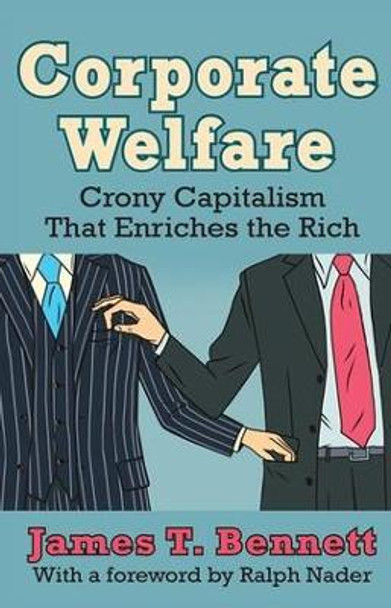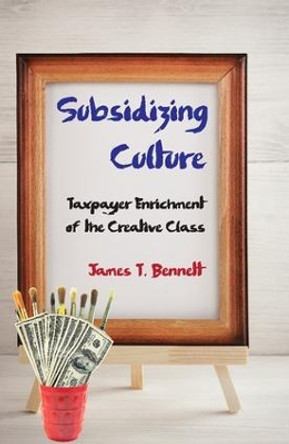Description
From the time of Alexander Hamilton's "Report on Manufactures" through the Great Depression, American towns and cities sought to lure footloose companies by offering lavish benefits. These ranged from taxpayer-financed factories, to tax exemptions, to outright gifts of money. This kind of government aid, known as "corporate welfare," is still around today. After establishing its historical foundations, James T. Bennett reveals four modern manifestations.
His first case is the epochal debate over government subsidy of a supersonic transport aircraft. The second case has its origins in Southern factory relocation programs of the 1930s-the practice of state and local governments granting companies taxpayer financed incentives. The third is the taking of private property for the enrichment of business interests. The fourth-export subsidies-has its genesis in the New Deal but matured with the growth of the Export-Import Bank, which subsidizes international business exchanges of America's largest corporate entities.
Bennett examines the prospects for a successful anti-corporate welfare coalition of libertarians, free market conservatives, Greens, and populists. The potential for a coalition is out there, he argues. Whether a canny politician can assemble and maintain it long enough to mount a taxpayer counterattack upon corporate welfare is an intriguing question.
About the Author
James T. Bennett is professor of economics at George Mason University, USA. He is the founder and editor of the Journal of Labor Research and author of Mandate Madness.
Book Information
ISBN 9781412855983
Author James T. Bennett
Format Hardback
Page Count 238
Imprint Routledge
Publisher Taylor & Francis Inc
Weight(grams) 453g









